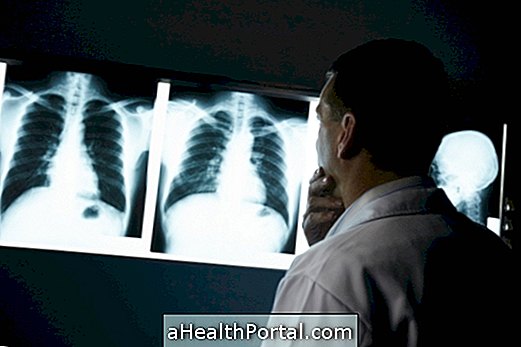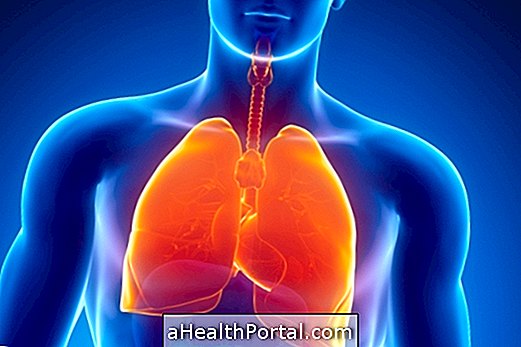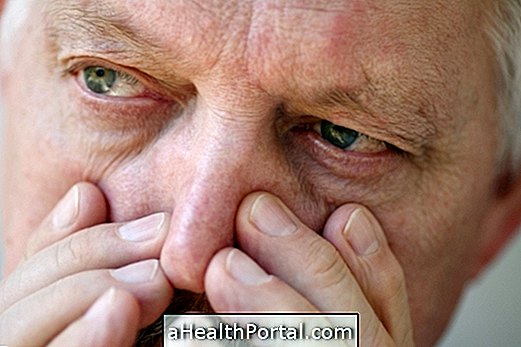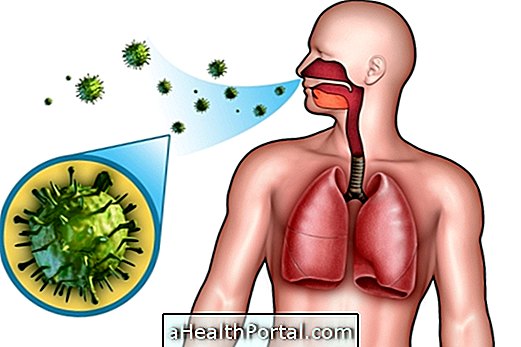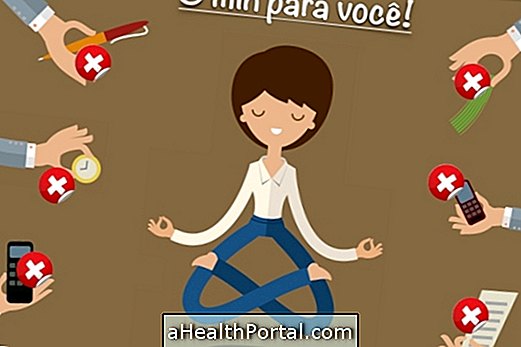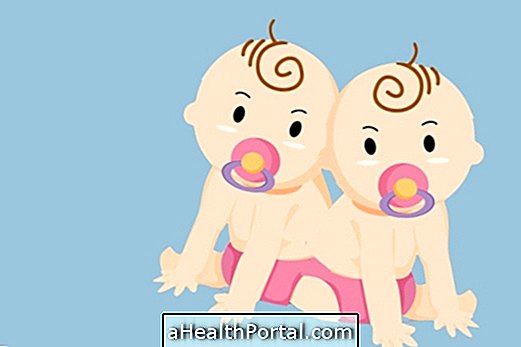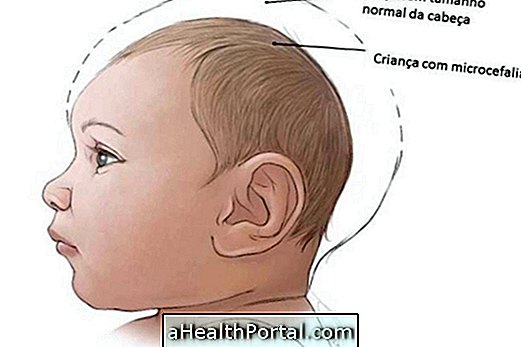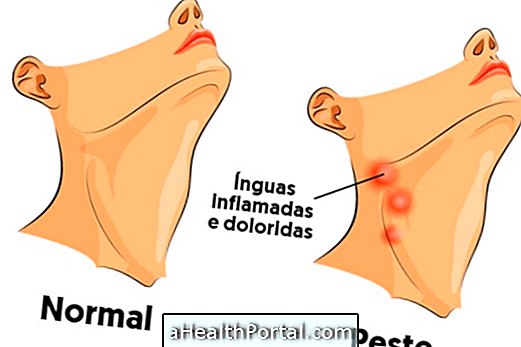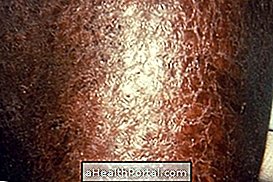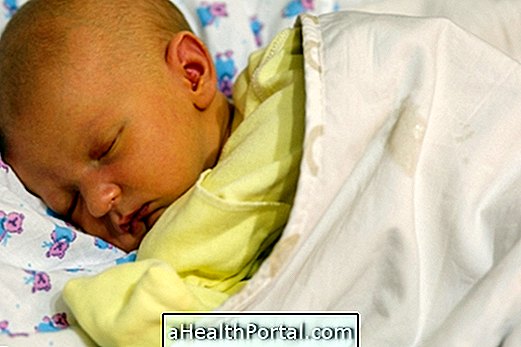Respiratory failure is the inability to breathe on its own, making normal gas exchanges impossible and causing symptoms such as intense shortness of breath and bluish color on the fingers or face.
There are two main types of respiratory failure that include:
- Acute respiratory failure: Sudden onset due to obstruction of the airways, traffic accidents, drug abuse or stroke, for example;
- Chronic respiratory failure: arises over time due to other chronic diseases such as heart failure or COPD, preventing the performance of daily activities such as climbing stairs, without feeling short of breath.
Respiratory failure is cured when treatment is started immediately in the hospital, so it is important to go to the emergency room when signs of lack of air appear. In addition, in chronic patients, respiratory failure can be avoided with treatment of the disease.
Treatment for respiratory failure
Treatment for acute respiratory failure should be done as quickly as possible in the hospital by a pulmonologist and therefore it is important to go to the emergency room immediately or call an ambulance by calling 192 when signs of difficulty breathing .
Usually, bronchodilator medications directly into the vein, such as Carbocysteine or Acebrophylline, must be given to mask respiratory failure.
However, in cases of chronic respiratory failure, treatment should be done daily with medicines to treat the underlying problem, which may be heart failure, for example, and prevent the onset of symptoms, such as a lack of intense air, that may endanger the life of the patient.
See other treatment options for chronic cases in: Treatment for respiratory failure.
Symptoms of respiratory failure
Signs and symptoms of respiratory failure depend on the type of failure and include:
Accute breathing insufficiency
- Intense difficulty breathing;
- Face, nails and purplish skin;
- Mental confusion;
- Irritability / drowsiness.
Chronic Respiratory Insufficiency
- Shortness of breath when walking or climbing stairs, for example;
- Excessive tiredness;
- Increased respiratory rate;
- Increased heart rate;
Symptoms of chronic respiratory failure can be controlled and relieved by medication, however, they may change to symptoms of acute respiratory failure if treatment is not done properly and in such cases it is recommended to go to the hospital immediately to initiate treatment.
